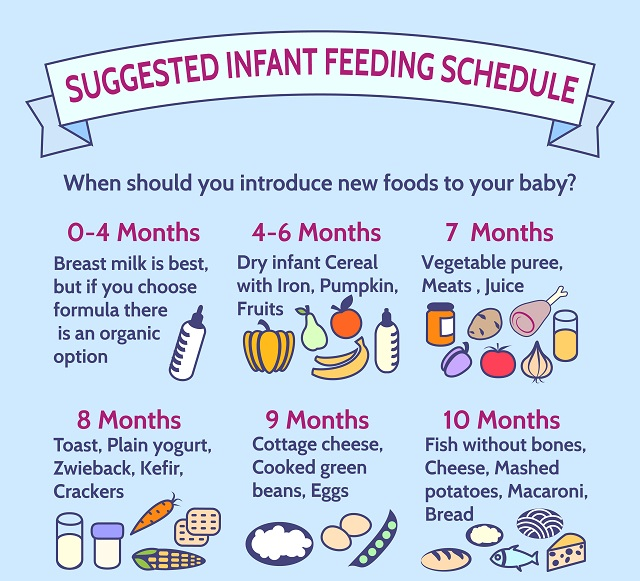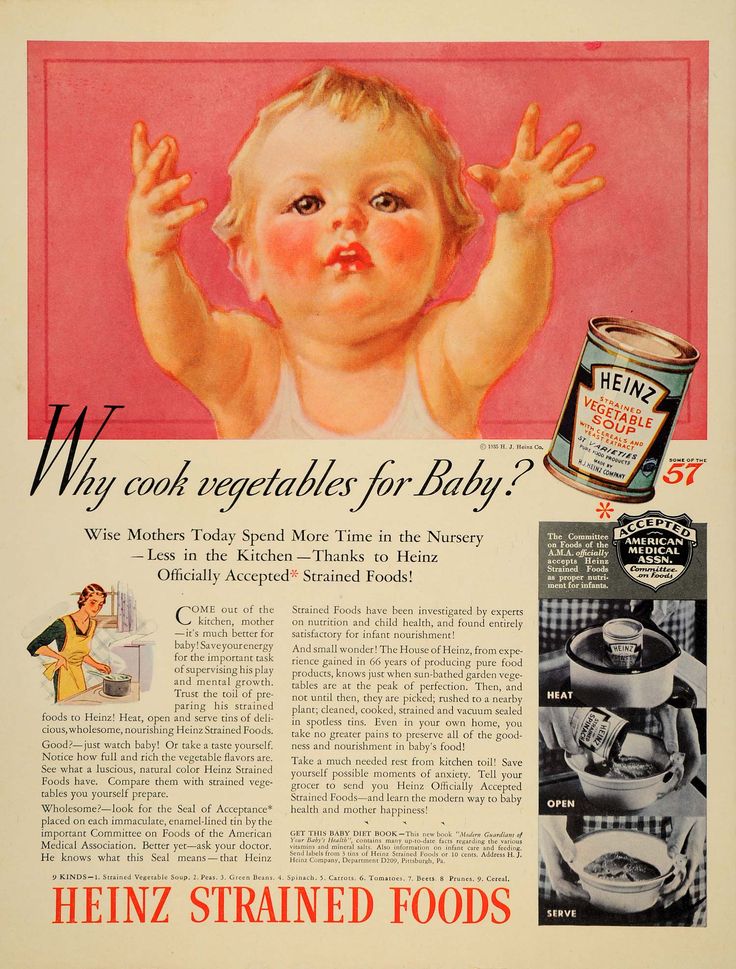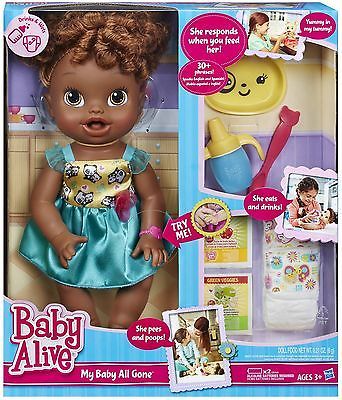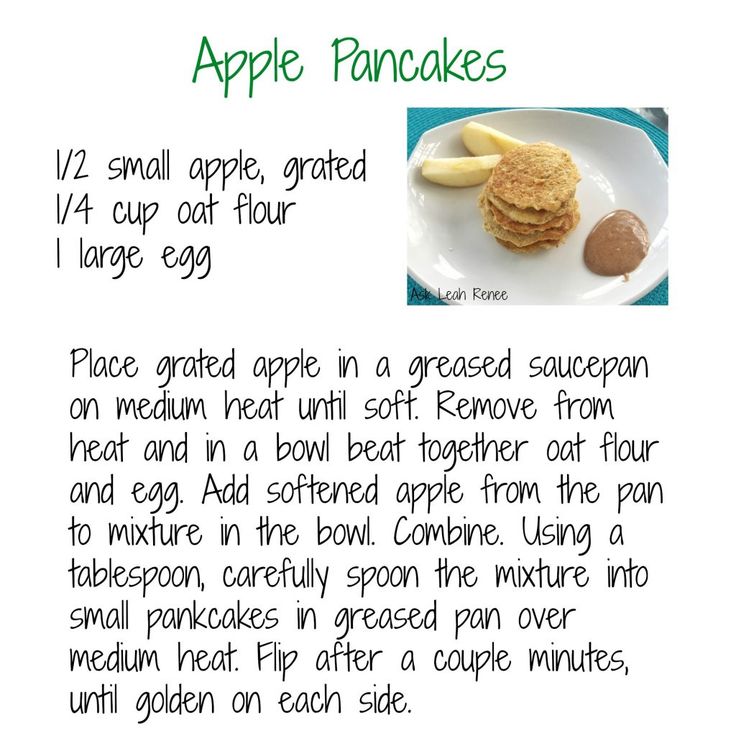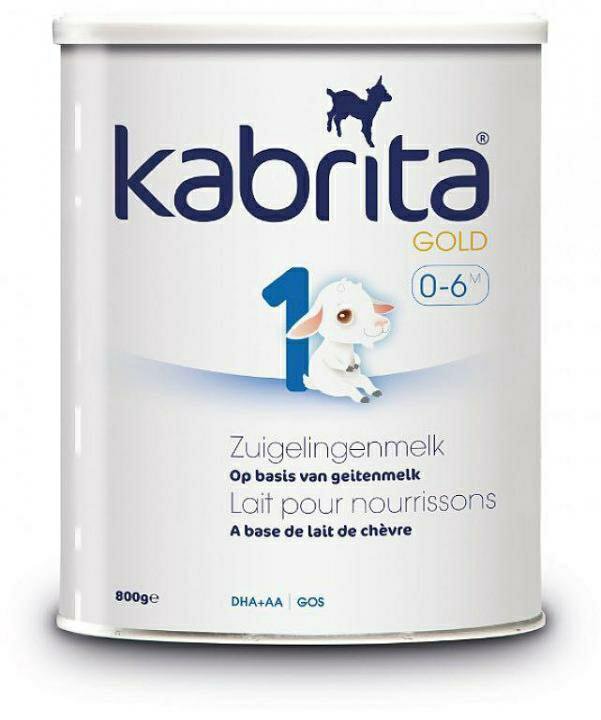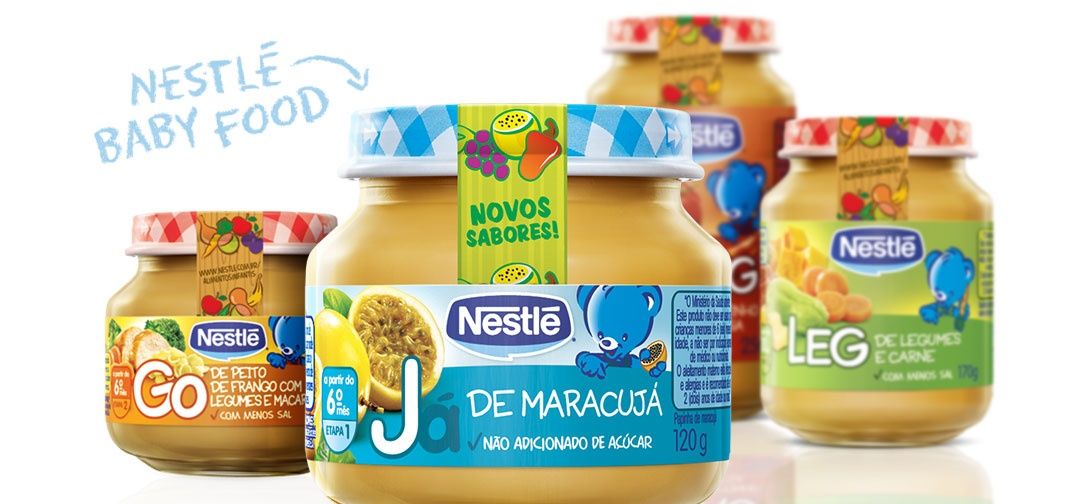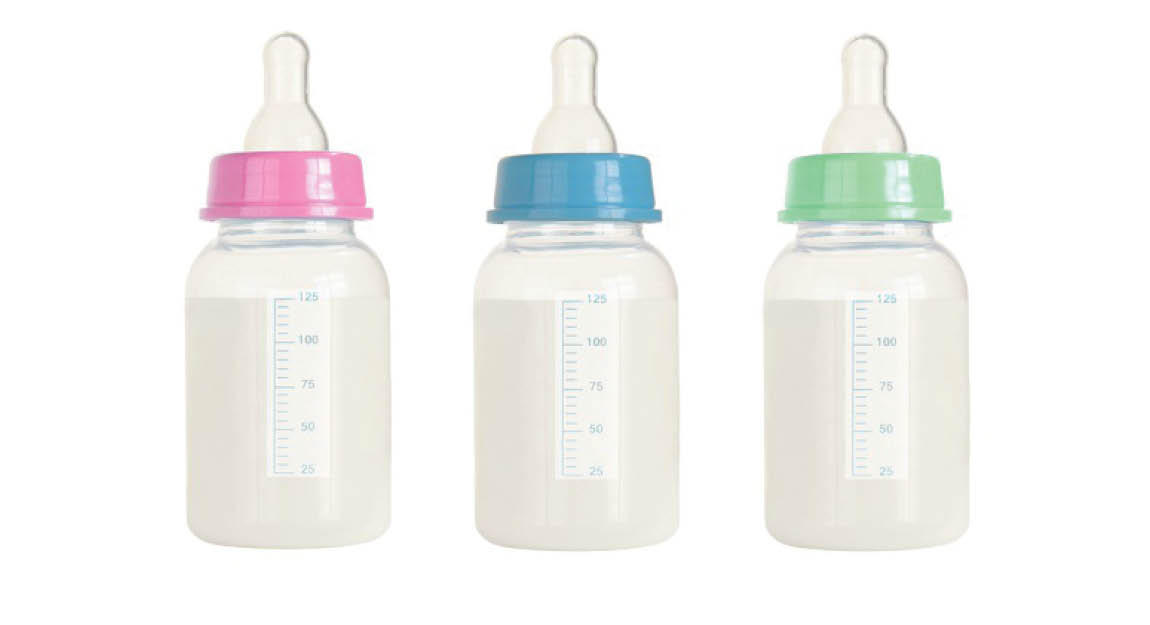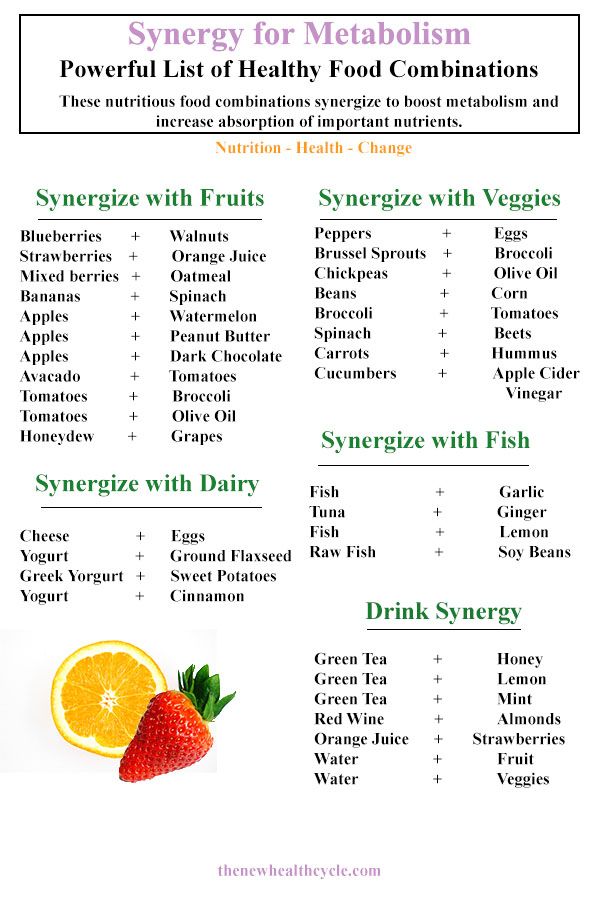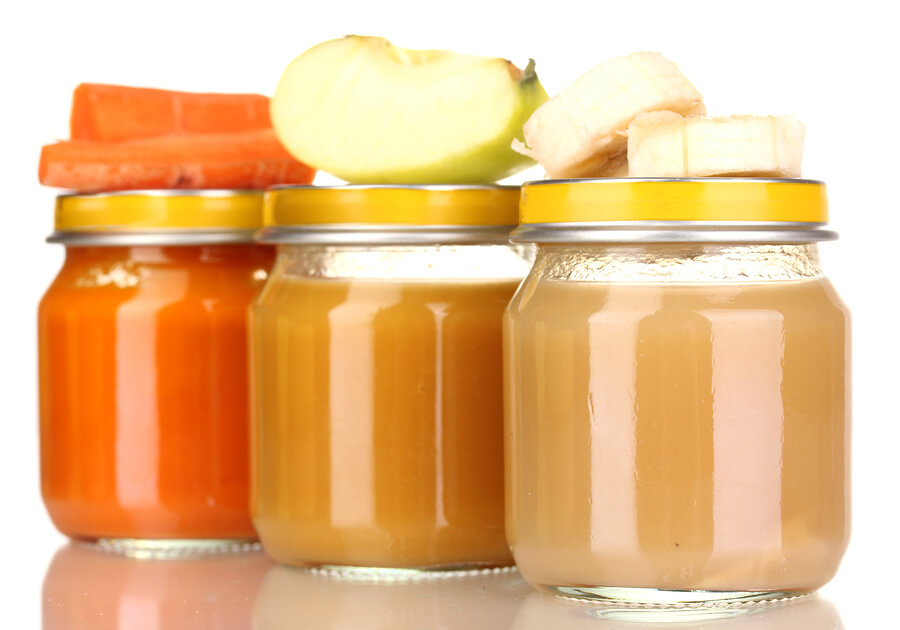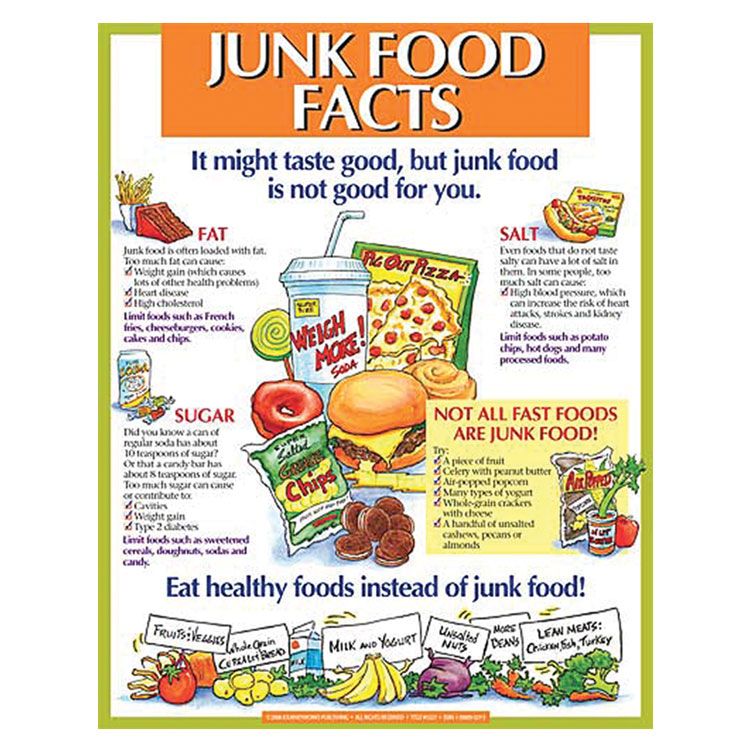When can i feed my baby cheese
Foods to avoid giving babies and young children
Salt
Babies should not eat much salt, as it's not good for their kidneys.
Do not add salt to your baby's food or cooking water, and do not use stock cubes or gravy, as they're often high in salt.
Remember this when you're cooking for the family if you plan to give the same food to your baby.
Avoid salty foods like:
- bacon
- sausages
- chips with added salt
- crackers
- crisps
- ready meals
- takeaways
Sugar
Your baby does not need sugar.
By avoiding sugary snacks and drinks (including fruit juice and other fruit drinks), you'll help prevent tooth decay.
Saturated fat
Do not give your child too many foods that are high in saturated fat, such as crisps, biscuits and cakes.
Checking the nutrition labels can help you choose foods that are lower in saturated fat.
See more on food labels.
Honey
Occasionally, honey contains bacteria that can produce toxins in a baby's intestines, leading to infant botulism, which is a very serious illness.
Do not give your child honey until they're over 1 year old. Honey is a sugar, so avoiding it will also help prevent tooth decay.
Whole nuts and peanuts
Whole nuts and peanuts should not be given to children under 5 years old, as they can choke on them.
You can give your baby nuts and peanuts from around 6 months old, as long as they're crushed, ground or a smooth nut or peanut butter.
If there's a history of food allergies or other allergies in your family, talk to your GP or health visitor before introducing nuts and peanuts.
See more on food allergies in babies and young children.
Some cheeses
Cheese can form part of a healthy, balanced diet for babies and young children, and provides calcium, protein and vitamins.
Babies can eat pasteurised full-fat cheese from 6 months old. This includes hard cheeses, such as mild cheddar cheese, cottage cheese and cream cheese.
Babies and young children should not eat mould-ripened soft cheeses, such as brie or camembert, or ripened goats' milk cheese and soft blue-veined cheese, such as roquefort. There's a higher risk that these cheeses might carry a bacteria called listeria.
There's a higher risk that these cheeses might carry a bacteria called listeria.
Many cheeses are made from unpasteurised milk. It's better to avoid these because of the risk of listeria.
You can check labels on cheeses to make sure they're made from pasteurised milk.
But these cheeses can be used as part of a cooked recipe as listeria is killed by cooking. Baked brie, for example, is a safer option.
Raw and lightly cooked eggs
Babies can have eggs from around 6 months.
If the eggs are hens' eggs and they have a red lion stamped on them, or you see a red lion with the words "British Lion Quality" on the box, it's fine for your baby to have them raw (for example, in homemade mayonnaise) or lightly cooked.
Hens' eggs that do not have the red lion mark should be cooked until both the white and yolk are solid. So should duck, goose or quail eggs.
So should duck, goose or quail eggs.
Avoid raw eggs, including uncooked cake mixture, homemade ice creams, homemade mayonnaise, or desserts that contain uncooked egg that you cannot confirm are red lion stamped.
Rice drinks
Children under 5 years old should not have rice drinks as a substitute for breast milk or infant formula (or cows' milk after 1 year old) as they may contain too much arsenic.
Arsenic is found naturally in the environment and can find its way into our food and water.
Rice tends to take up more arsenic than other grains, but this does not mean that you or your baby cannot eat rice.
In the UK, there are maximum levels of inorganic arsenic allowed in rice and rice products, and even stricter levels are set for foods intended for young children.
Do not worry if your child has already had rice drinks.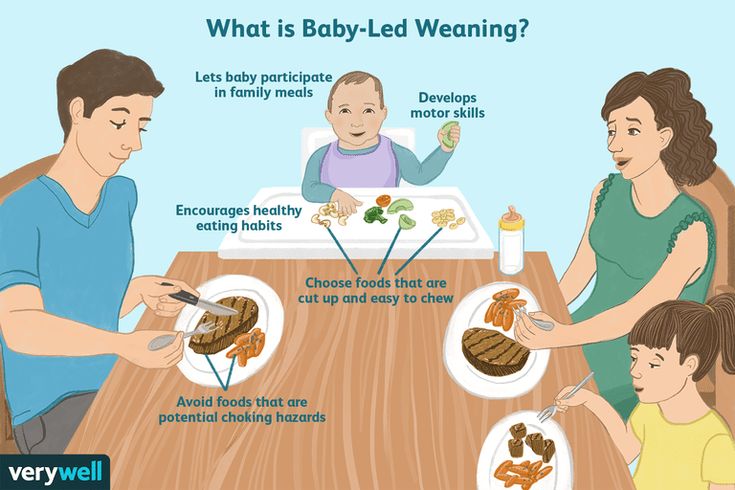 There's no immediate risk to them, but it's best to switch to a different kind of milk.
There's no immediate risk to them, but it's best to switch to a different kind of milk.
Raw jelly cubes
Raw jelly cubes can be a choking hazard for babies and young children.
If you're making jelly from raw jelly cubes, make sure you always follow the manufacturers' instructions.
Raw shellfish
Raw or lightly cooked shellfish, such as mussels, clams and oysters, can increase the risk of food poisoning, so it's best not to give it to babies.
Shark, swordfish and marlin
Do not give your baby shark, swordfish or marlin. The amount of mercury in these fish can affect the development of a baby's nervous system.
Further information
For more information and advice about babies and food, see:
- food allergies in babies and young children
- your baby's first solid foods
- baby and toddler meal ideas
When Is It OK for Babies to Eat Cheese?
Written by WebMD Editorial Contributors
In this Article
- Introducing Babies to Cheese
- Cheeses to Avoid
- Nutritional Benefits of Cheese for Babies
- Cheese Safety Precautions for Babies
When you first introduce your baby to solid foods, it's best to stick to purees of single fruits and vegetables. If your baby is getting to be a pro at eating these early purees, you may be wondering when it's time to introduce cheese and which kinds your baby can eat. Read on to learn which cheeses you can feed your baby and which you should avoid.
If your baby is getting to be a pro at eating these early purees, you may be wondering when it's time to introduce cheese and which kinds your baby can eat. Read on to learn which cheeses you can feed your baby and which you should avoid.
Introducing Babies to Cheese
The American Academy of Pediatrics recommends that your baby's first foods be single-ingredient purees or very soft foods. However, once your baby is ready for more textured foods, around 9 to 12 months of age, you can start to introduce cheese. The cheese you give your baby should be grated or cut into small cubes.
Before you give your baby any finger foods, including cheese, you should ask yourself:
- Does it melt in your mouth?
- Does it mush easily?
- Can it be gummed?
- Is it small enough?
Don't give your baby chunks of cheese because it's a choking hazard. The cheese you give your baby should be full-fat and pasteurized. Some good options are:
- Cottage cheese
- Cream cheese
- Mozzarella
- Cheddar
- Swiss
- Other cheeses that are clearly labeled "made from pasteurized milk"
Cheeses to Avoid
Some cheeses may be harmful to your baby. These include:
These include:
- Mold-ripened soft cheeses like brie or camembert
- Blue-veined cheese like roquefort
- Ripened goats' milk cheese like chèvre
- Any cheese that is not pasteurized
Unpasteurized cheeses can contain bacteria, viruses, and parasites that can invade food and cause foodborne illnesses, also called food poisoning. Children under the age of five are at a higher risk for contracting food poisoning because their immune systems aren't fully developed. They can't fight off infections as well as older children and adults. Young children also produce less stomach acid that kills off harmful bacteria.
Additionally, young children are more likely to become dehydrated from vomiting and diarrhea because of their small size. Children under five who get food poisoning from the bacteria E. coli are more likely to develop a serious complication called hemolytic uremic syndrome. This can cause chronic kidney disease, kidney failure, and even death.
Pasteurization is a heat treatment process that kills the bacteria that causes food poisoning. If you aren't sure if a food or drink is pasteurized, don't give it to your baby.
Nutritional Benefits of Cheese for Babies
Cheese is a nutrient-dense food that contains proteins, fats, and minerals. Aged cheese contains lower levels of lactose than milk does, so it can be better tolerated by people who are lactose intolerant. Lactose is a type of sugar that is not easily digested by people who don't have the enzyme to break it down. Cheese is also high in:
- Calcium
- Phosphorus
- Vitamin B12
- Vitamin A
- Protein
When you first introduce cheese to your baby, they will still get most of their nutrition from breastmilk or formula. By the time your baby is two years old, they should be getting two servings of milk daily. A serving is 1 cup of milk, 1½ ounces of hard cheese, or 2 ounces of processed cheese.
Cheese Safety Precautions for Babies
There are two main safety concerns associated with feeding cheese to babies: milk allergy and milk intolerance. Let your pediatrician know immediately if your baby has any reaction to cheese. Testing can be done to confirm a milk allergy so that you can avoid milk products in the future.
Let your pediatrician know immediately if your baby has any reaction to cheese. Testing can be done to confirm a milk allergy so that you can avoid milk products in the future.
Milk allergy. The most common food allergy in babies and young children is cow's milk. Most children will eventually outgrow their milk allergy, although some will not. When a child is allergic to milk, their body reacts to the milk protein by triggering an immune system response. The reaction can range from mild to severe. Symptoms of milk allergy occur after your child eats or drinks a food that contains milk. Symptoms that can be immediate include:
- Itching or tingling around lips and mouth
- Wheezing
- Coughing or shortness of breath
- Hives
- Vomiting
Some symptoms take longer to develop. These can include:
- Diarrhea, which may contain blood
- Stomach cramps
- Watery eyes
- Colic in babies
- Runny nose
A milk allergy can also cause anaphylaxis, which is a severe, life-threatening allergic reaction. Anaphylaxis requires emergency treatment. Symptoms of anaphylaxis include:
Anaphylaxis requires emergency treatment. Symptoms of anaphylaxis include:
- Constricted airways (e.g., a swollen throat that makes it difficult to breathe)
- Itching
- Flushed face
- Shock, with a significant drop in blood pressure
Milk intolerance. Milk intolerance, also called lactose intolerance, is different from a milk allergy. Milk intolerance doesn't involve the immune system. People with lactose intolerance don't have the enzyme they need to break down a type of sugar in milk called lactose. Symptoms of lactose intolerance include bloating, gas, and diarrhea.
Lactose intolerance is usually harmless, but the symptoms can be uncomfortable. People with lactose intolerance may not need to give up all dairy products. Aged cheese contains less lactose than milk, so it may be better tolerated.
Is cheese good for children? Cheese in baby food. When and what kind of cheese can be given to children.
Cheese is a valuable, nutritious, healthy dairy product for people of all ages.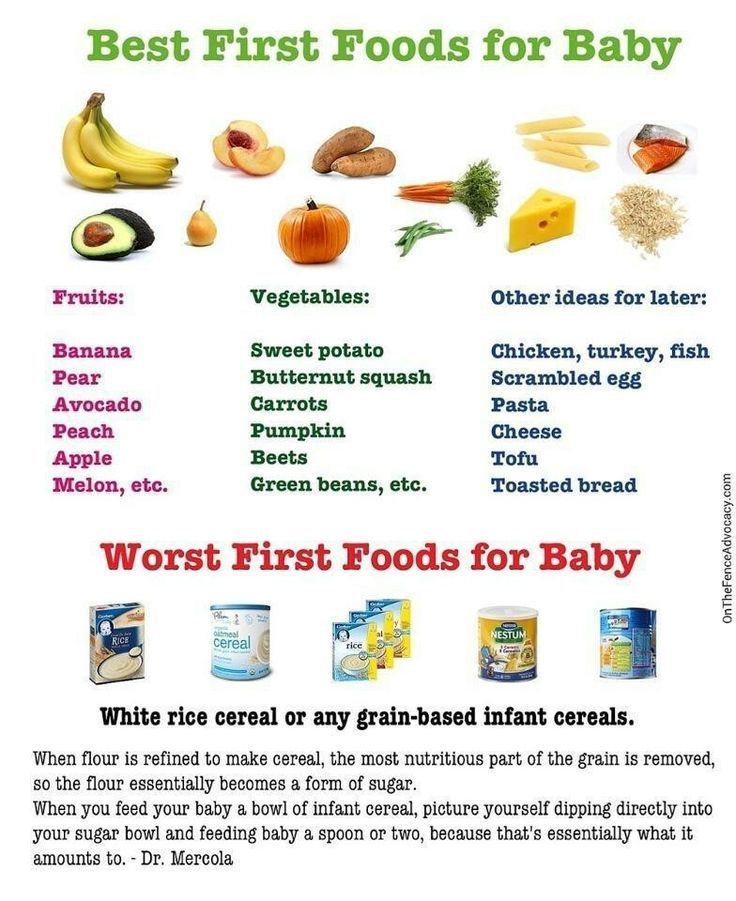 It contains many useful substances in its composition and is able to have a positive effect on the adult and especially the children's body.
It contains many useful substances in its composition and is able to have a positive effect on the adult and especially the children's body.
Is cheese good for children?
Cheeses contain the following useful substances:
- proteins and amino acids - they contribute to the formation of tissues, growth and development of the child's body;
- calcium - it ensures the strength of tooth enamel and the entire tooth as a whole, the strength of nails and bones, the healthy condition of the skin and hair;
- vitamins A and E, which have antioxidant properties - they increase the child's local and general immunity, remove radionuclides and toxic substances from the body;
- fatty acids - provide a healthy skin condition and contribute to the normal functioning of the brain;
Cheeses can completely satisfy a child's hunger, give a feeling of satiety in a short time, charge the baby with a boost of energy. Eating cheese regularly has a beneficial effect on vision and allows the child to gain weight when it is deficient.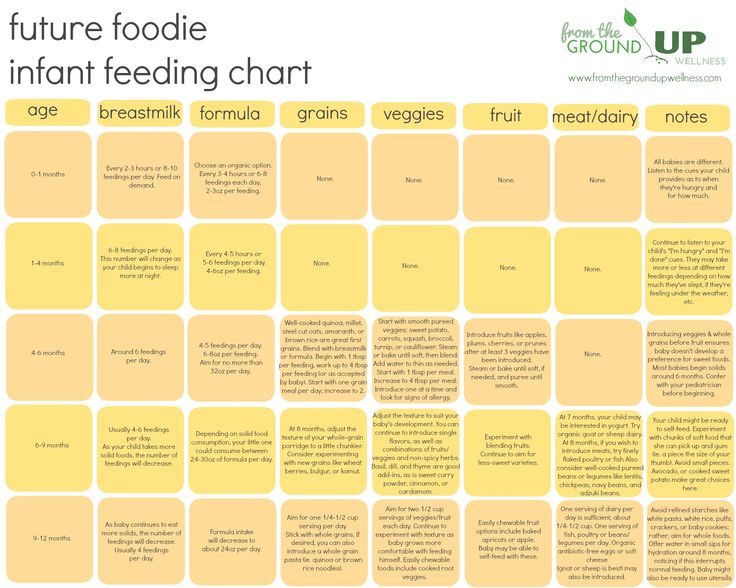 Regular chewing of cheese forms the correct development of the jaw apparatus. The presence of cheese in the children's diet allows you to diversify the children's menu, expand the child's taste sensations. It is recommended for children suffering from lactase deficiency - it removes all excess milk sugar (lactose) from the child's body.
Regular chewing of cheese forms the correct development of the jaw apparatus. The presence of cheese in the children's diet allows you to diversify the children's menu, expand the child's taste sensations. It is recommended for children suffering from lactase deficiency - it removes all excess milk sugar (lactose) from the child's body.
When to introduce cheese into a child's diet
Cheese is not recommended for infants. And after the child reaches 6 months, cottage cheese can be introduced into his diet.
The first acquaintance of the baby with cheese (hard varieties) should occur no earlier than he is 10-11 months old. For a child at this age, cheese is served as complementary foods - this will allow you not to overload the child's gastrointestinal tract with a product with a high content of animal protein.
In a child who has reached the age of 12 months, the digestive system is stabilized, the intestinal walls and immunity are strengthened, the pancreas begins to produce the necessary enzymes in sufficient quantities.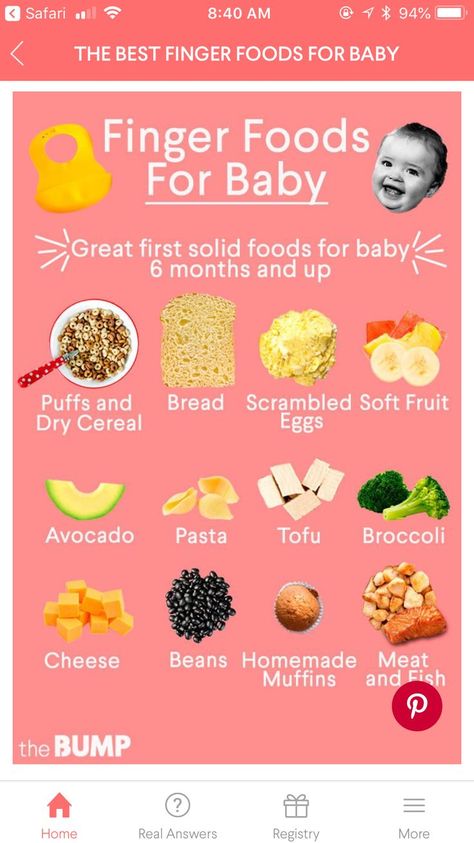 And also, at this age, the risk of spreading various pathogenic bacteria in the blood is reduced, the possibility of an allergic reaction to an unfamiliar product is minimized. Therefore, a child who has reached the age of 1 year can be introduced into the diet of cheese on an ongoing basis.
And also, at this age, the risk of spreading various pathogenic bacteria in the blood is reduced, the possibility of an allergic reaction to an unfamiliar product is minimized. Therefore, a child who has reached the age of 1 year can be introduced into the diet of cheese on an ongoing basis.
Consumption norms
It is recommended to give a child aged 1-1.5 years a portion of cheese equal to 5 grams. And this should be done no more than 2-3 times a week.
For a child aged 1.5-2 years, a single dose of the product can be increased up to 15 grams. And for a child aged 2-4 years, a single dose should be increased to 20 grams and given 2-3 times a week.
How to serve cheese to a child
For a child under the age of 4, cheese is recommended to be served grated. It can be combined with various dishes (vegetables, casseroles, scrambled eggs). At the same time, it is important not to salt the dishes served with cheese. It is also not recommended to combine cheese with butter or a meat dish.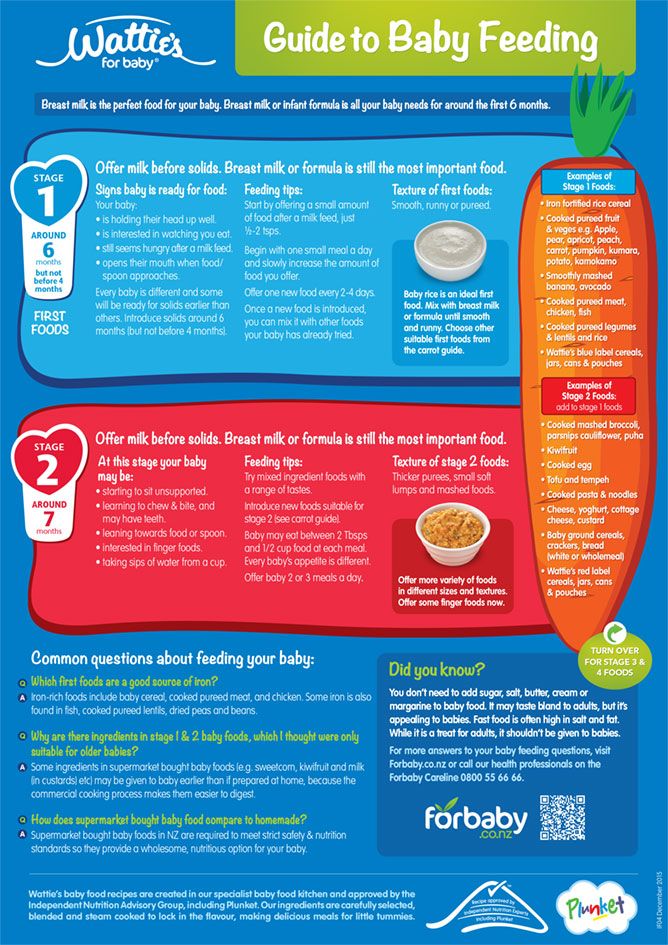
For children aged 4 years and over, the product can be served as a sandwich or cut into slices. This way of eating cheese is ideal for school-age children.
Types of cheese not desirable for children
The following types of cheese are not recommended for small children: Cheese has incorporated all the best that is in milk. High calcium content (about ten times more in cheese than in cottage cheese), vitamins A, B, D, PP and E, phosphorus and minerals, already fermented, easy to digest protein. But with all this splendor, cheese is not suitable for feeding children under 10 months. There is too much protein in cheeses (there is even more of it in cheese than in meat), and after all, an excess of protein is just as dangerous as its lack. Important! The baby's body is not yet able to cope with excess salt and protein, so most pediatricians do not recommend giving cheese until 10-12 months. Choose products for babies under one year old Dozens of varieties of cheese are sold in the store. Not all are suitable for kids. We immediately discard the entire group of blue cheeses, smoked cheeses, cheeses with hot peppers, etc. Too spicy, too salty, not suitable for baby food. In the remaining assortment, we are looking for cheeses with a low fat content, preferably no more than 30-35%. In the usual varieties "Gouda", "Edam", "Creamy" fat content is 42-55% and up to 70%, they cannot be used in the diet of children under one year old. Next, among the remaining cheeses, sort out those with the inscription "pickled cheese". These are the varieties "brynza", "suluguni", etc. Important! Ideal for baby food - special baby cheeses. They are low-fat, with a reduced amount of salt and minerals. At 11-12 months, the baby can be introduced to the taste of cheese, a couple of times a week to give a piece the size of a pea. After one year, cheese can be increased to five grams per day. Offer cheese at least one meal away from meat, such as pear or zucchini. When can cheese be given to a child and what
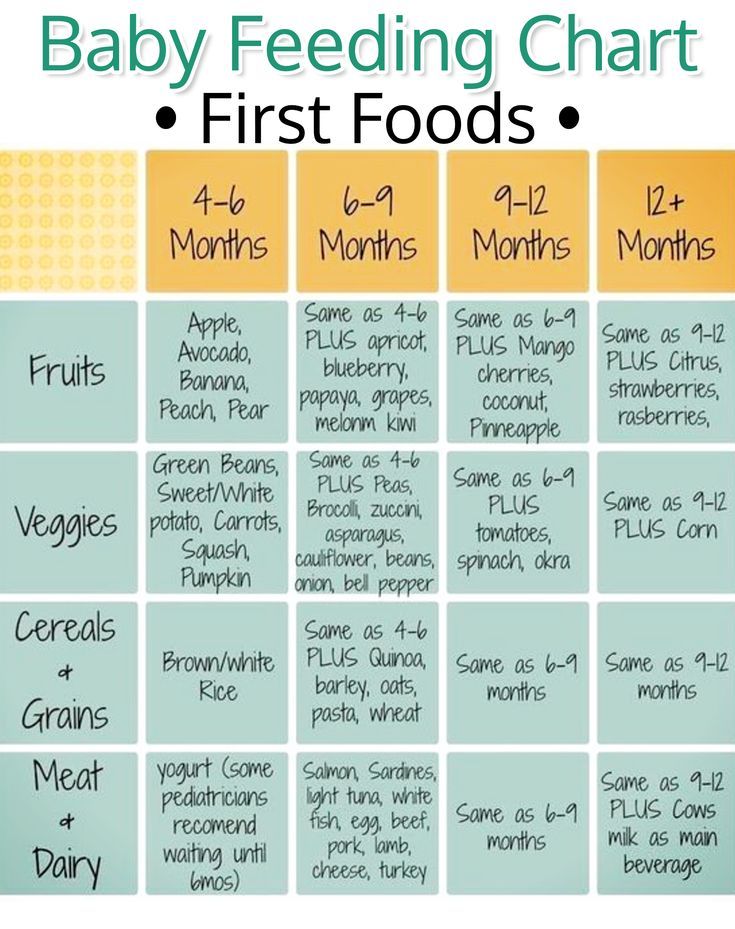 A high proportion of minerals and a large amount of salt in almost all types of cheese overload the baby's kidneys.
A high proportion of minerals and a large amount of salt in almost all types of cheese overload the baby's kidneys.  The technology of their preparation includes several days of soaking in brine. These cheeses are too salty, which is dangerous for the baby. You can significantly reduce the amount of salt in cheese by soaking a small piece in cold water for 2-3 hours. It is better to change the water a couple of times. The taste, of course, will become insipid and uninteresting, but such cheese will only benefit the child. Of the remaining cheeses, we look at varieties with a minimum salt content. These are Ricotta, Mozzarella, Cheddar, etc. If the cheese seems too salty, a piece can be soaked in water and only then given to the baby.
The technology of their preparation includes several days of soaking in brine. These cheeses are too salty, which is dangerous for the baby. You can significantly reduce the amount of salt in cheese by soaking a small piece in cold water for 2-3 hours. It is better to change the water a couple of times. The taste, of course, will become insipid and uninteresting, but such cheese will only benefit the child. Of the remaining cheeses, we look at varieties with a minimum salt content. These are Ricotta, Mozzarella, Cheddar, etc. If the cheese seems too salty, a piece can be soaked in water and only then given to the baby. 